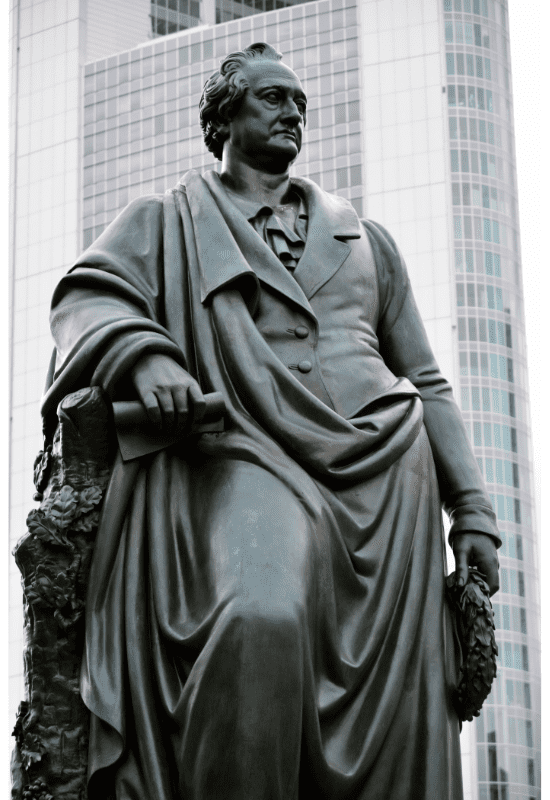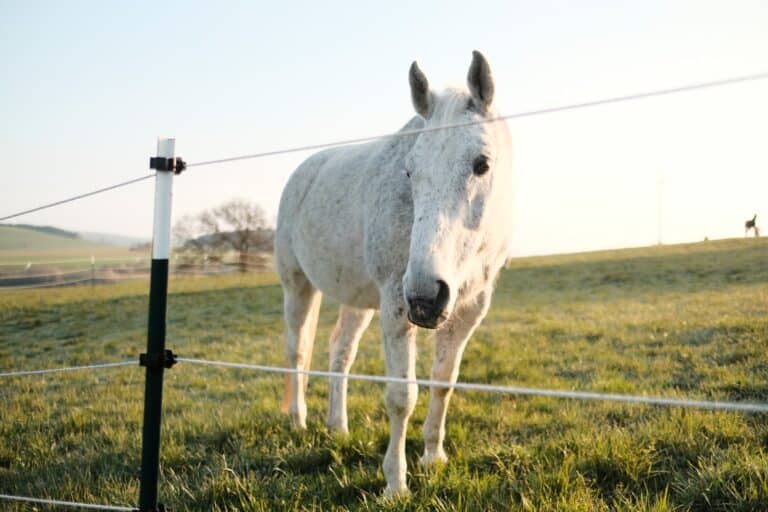Lao Tzu describes the nature of truth
Every one of us has had a lie of convenience slip across our lips to avoid hurting someone else's feelings. But why is the truth not always beautiful? We will explain this question with the help of a quote from the Chinese philosopher Lao-tzu (also Laozi or Lao Tzu).
As humans, we always hope that something good will happen to us. However, this hope often leads to disappointment. Therefore, it is essential to come to terms with the fact that reality often has a not so great side. The best thing we can do is to learn to face reality at eye level.
"The truth is not always beautiful, and beautiful words are not always the truth."
- Lao Tzu
For the sake of comprehensibility, we will divide the quote into two parts. In the first part, we refer to the first half of the quote "The truth is not always beautiful,". Then in the second part we will refer to the second "..., and beautiful words are not always the truth.".
"The truth is not always pretty," is, in my opinion, the crucial part in this quote. It is important to understand that reality is often not as beautiful as we make it out to be. We invent justifications in our heads why things seem better than they are in reality.
We harbor thoughts like, "Maybe we haven't received a raise at work yet because our boss simply hasn't seen our efforts," even though we know we haven't received a raise because our boss is simply greedy. This is not to say that every boss is a capitalistic and greedy pig, but that we often take explanations for life that simply gloss over the circumstances.
The truth is not always beautiful. The sooner we understand this fact, the clearer and therefore better we can understand the world. It's not about seeing the world from eyes where the worst-case scenario is always the reality. It is about seeing that the truth can often be uglier than we tell ourselves.
"..., and beautiful words are not always the truth." In my opinion, not quite as important as the first part, but nevertheless indispensable to explain.
As mentioned in the introduction to this article, each of us has embellished the truth at one time or another in order not to hurt another person. But if we ourselves already lie occasionally without bad intentions, how many lies are also told to us every day without such?
Lao Tzu did not mean with this quote to say that you should question everything you are told. Let alone that everything nice that is told to you is a lie. The essence of the statement is that if one is buttered around the mouth, this rarely corresponds to the truth.
Lao Tzu is also not saying in this quote that all beautiful words are lies. The statement is that beautiful words are not always the truth. Of course, beautiful words can be the truth, but just as not everything is black and white, not everything that is beautiful is a lie, and not everything that is ugly is the truth.
So, if you ever have high expectations of life, or if you ever find reasons why some events haven't - or haven't yet - taken place, remember that the truth isn't always pretty.
If you ever want to avoid hurting someone by bending the truth and using nice words, try to be honest rather than not wanting to hurt the person you are talking to.
Did you like this article? You can let us inform you about new articles:







